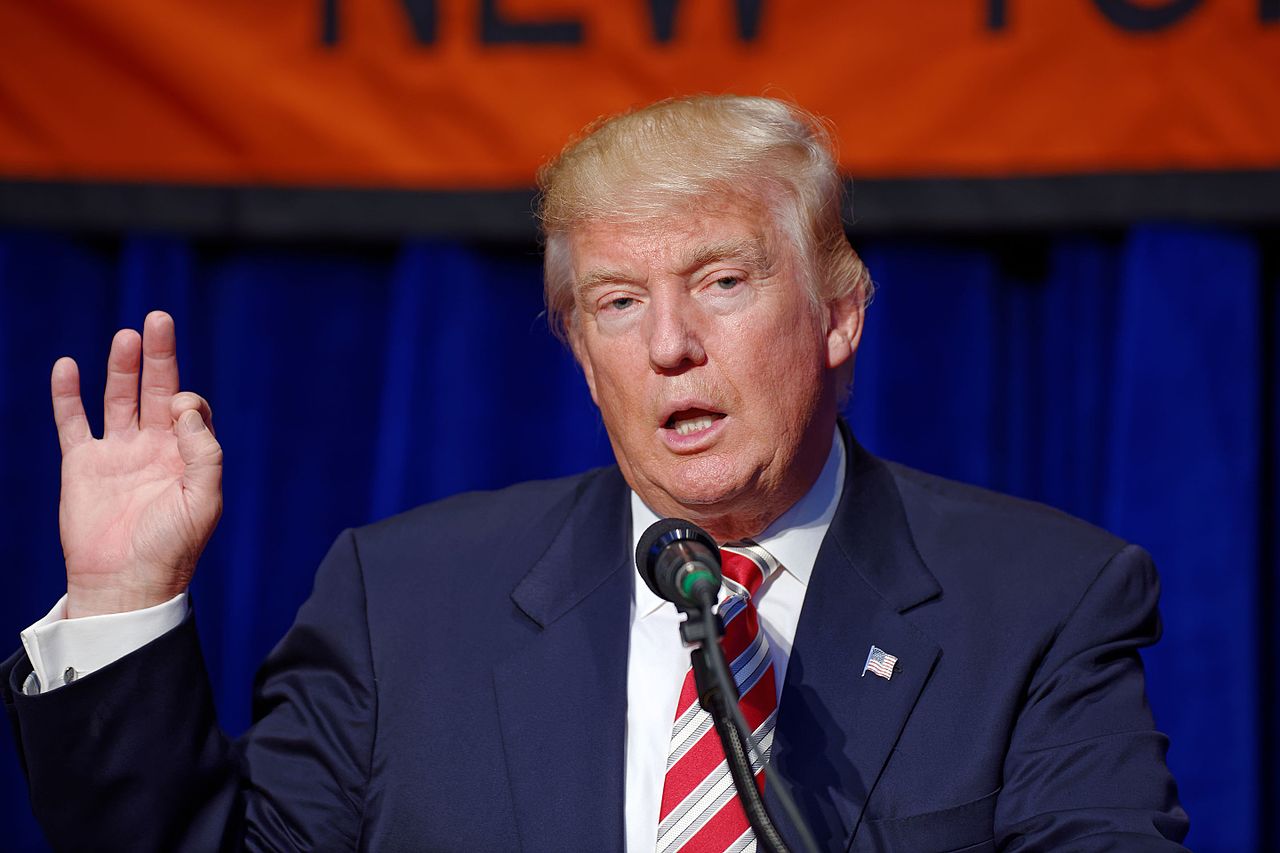In the week gearing up to the pivotal mid-term elections, President Donald Trump has reinforced his hard-line immigration rhetoric by striking a blow against US birthright citizenship. Though legally questionable, Trump has made a promise in a new interview to bring an end to US birthright citizenship, whereby children of non-citizens and unauthorized immigrants born in the US are automatically granted US citizenship.

US Birthright Citizenship
US citizenship is primarily governed by the principle of jus soli, or the law of the soil, which was enshrined in the 14th Amendment of the US constitution some 150 years ago. According to this doctrine, any individual born on US soil is a citizen of the United States. In what is evidently an effort to spear the matter of immigration ahead as a priority in voters’ minds, Trump has promised to end US birthright immigration by executive order- despite Republican and Democratic lawmakers alike stating that this claim is constitutionally unfounded as it is not possible to end birthright citizenship with an executive order. On the contrary, this undertaking would involve a “very, very lengthy” constitutional process, according to Republican House speaker Paul Ryan. In light of the legal doubt around such a claim, Trump’s statement is less of a promise and more a political tool to sow more division on the immigration spectrum.
While birthright citizenship is the main hallmark of US citizenship, there are other ways through which US citizenship may be granted. Notably, there is also the principle of jus sanguinis or citizenship by blood, which entails that an individual born outside the US to at least one parent who holds US citizenship at the time of birth, is granted US citizenship, given also that the US citizen parent has lived in the US prior to the birth. Foreign citizens may also gain US citizenship through the process of naturalisation which is subject to a set of legal requirements, including age, residence, US knowledge, and moral character. Apart from US birthright citizenship, adopted children of a foreign nationality may also acquire US citizenship, as may foreign persons married to US citizens, subject to the relevant legislation.
Trump’s unfounded claim on US birthright citizenship
One other uncorroborated statement Trump made in his interview for "Axios on HBO." is that is the US is unique in granting birthright citizenship, in that no other country in the world grants citizenship on the basis of birth. On the contrary to this, several countries allow birthright citizenship, notably Canada, most of South America- including Brazil, Peru, Venezuela, and Mexico- and other countries such as Pakistan and Lesotho. In Canada, for instance, a child born on Canadian soil is automatically granted Canadian citizenship as long as one of the parents is a Canadian citizen or permanent resident at the time of birth. The few exceptions to this rule include instances when the child is born to a diplomat or consular officer.
Other countries grant citizenship on the basis of both birth and descent, or otherwise have their citizenship rights based largely around citizenship by descent, yet they still allow birthright citizenship with some restrictions. These countries include France, Belgium, Italy, Australia, the United Kingdom, Ireland, and Portugal- to name a few.
Furthermore, in recent developments within the immigration industry, several countries now also grant a path to citizenship through citizenship by investment programmes. Following heavy due diligence procedures, European countries, such as Malta, Cyprus, and five Caribbean countries- St Kitts and Nevis, Saint Lucia, Antigua and Barbuda, Grenada, and Dominica- all grant citizenship to successful applicants who satisfy investment requirements. Each citizenship by investment programme is unique with its own benefits, eligibility criteria, investment options, catering to the particular needs and resources of different high-net-worth-individuals.